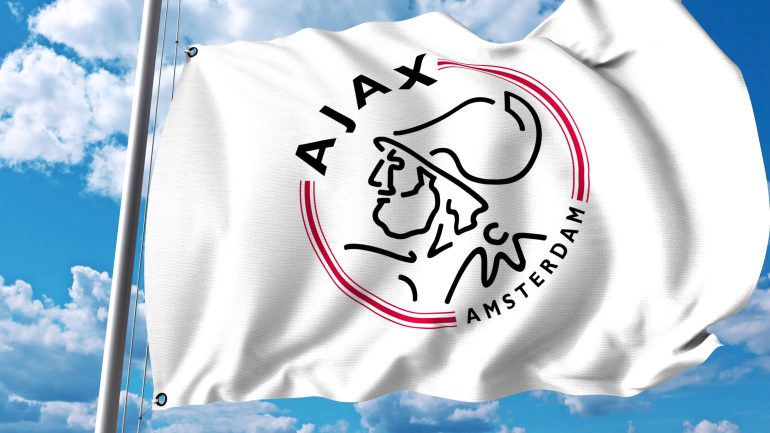It’s 24 May 1994, and Johan Cruijff sits on a metal chair that looks as if it has been stolen from a local Athens school, shaking his head and sucking on a lollipop. How desperately he must want the beloved cigarettes he had given up after a heart bypass in 1991. It is the 1994 Champions League final, and Barcelona, whom Cruijff managed, had just conceded the third goal in what would be a 4-0 thrashing against Fabio Capello’s extraordinary AC Milan team. Before the game Cruijff, in a rare moment of arrogance, had declared, ‘Milan are nothing special; it is impossible for us [Barcelona] to lose.’ It was the first or last time Cruijff would cheer too soon, but this one perhaps hurt him the most. It was the end of his fabled Barcelona “Dream Team”, and the Dutch genius would retire from football two years later at the age of just 49.
Twelve months later, in the 1995 Champions League final in Vienna, Ajax, the team Cruijff will be eternally defined by, were playing against that same Milan side. Ajax were managed at the time by Louis van Gaal, Cruijff’s ideological successor and perpetual bete noire. Van Gaal took over Ajax in 1991, after several years as assistant manager in the 1980s. While he was clearly an adherent to the Total Football philosophy created by Rinus Michels and later developed by Cruijff, Van Gaal had a single-minded, steel-nosed pragmatism. Cruijff would later describe Van Gaal’s methods as a ‘militaristic way of working’ that prioritised computers and statistics over intuition and creativity.
There is certainly insight to Cruijff’s views, but in 1995, Van Gaal was arguably the best young manager in European football. In his first four years at Ajax, he led them to two Eredivisie titles, a KNVB Cup and the 1992 UEFA Cup. He built the core of his team around the greatest generation of Dutch footballers since the 1974 squad. He gave debuts to Clarence Seedorf, Edgar Davids and Mario Melchiot, while also bringing back the experience of Frank Rijkaard five years after the club sold him. Add in the young players already there – Marc Overmars, Frank de Boer, Edwin van der Sar – and the team Van Gaal shaped was one of the greatest of the modern age.
And here he was, one game away from winning Ajax’s fourth European Cup, 22 years after their last, when Van Gaal himself was a young Ajax reserve player. The Milan team in front of them had been the dominant force in Europe, winning three of the last six Champions League titles while revolutionising football in much the same way Ajax did in the 1970s.
The game itself is not spectacular. Both teams struggled for rhythm; their play was choppy and anxious and half-formed. It wasn’t until some tactical changes by Van Gaal in the second half that Ajax began to take a serious hold on the game. He brought on Patrick Kluivert, then just 19, with twenty minutes remaining. And with 85 minutes on the clock, he scored a goal that melded strength and intuition to give Ajax the victory and end a decade of Milan dominance.
This was a remarkable victory not just for Ajax but for Amsterdam, the city itself. Eight of the players were Ajax academy graduates, with three – Reiziger, Rijkaard and Kluivert – born amongst the cobblestones and canals. But at the centre of this story were Cruijff and Van Gaal, two people who were the most Amsterdam of Amsterdammers. They represented the intriguing contradictions that lie at the heart of this city and the Netherlands at large: the fusion of revolution and pragmatism and the very Dutch idea that one cannot live without the other.
Written by James Turrell
